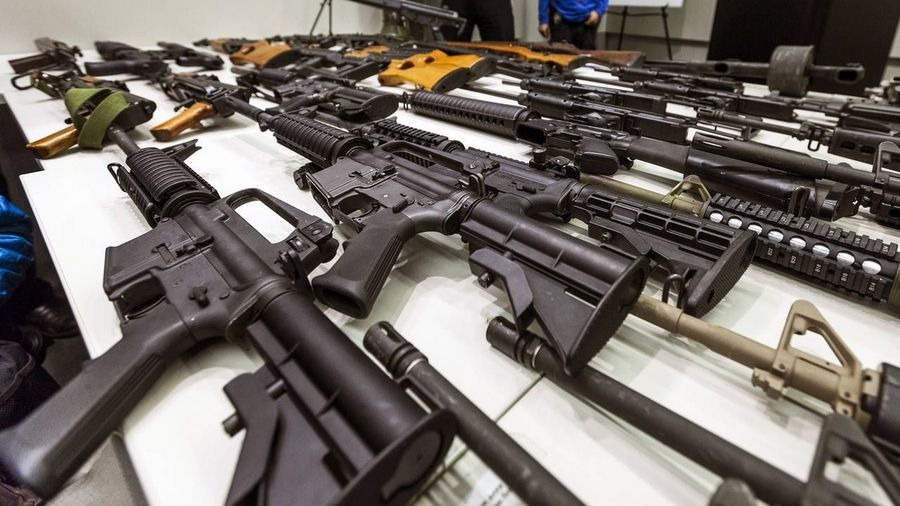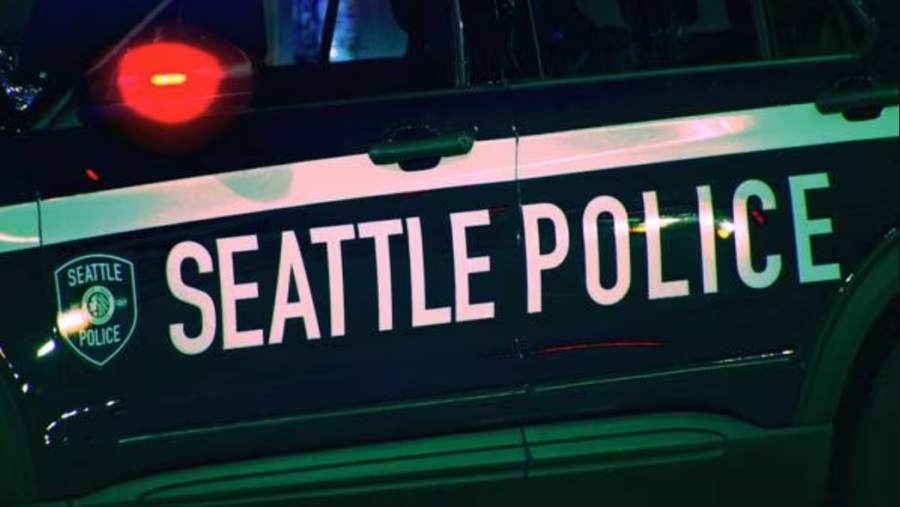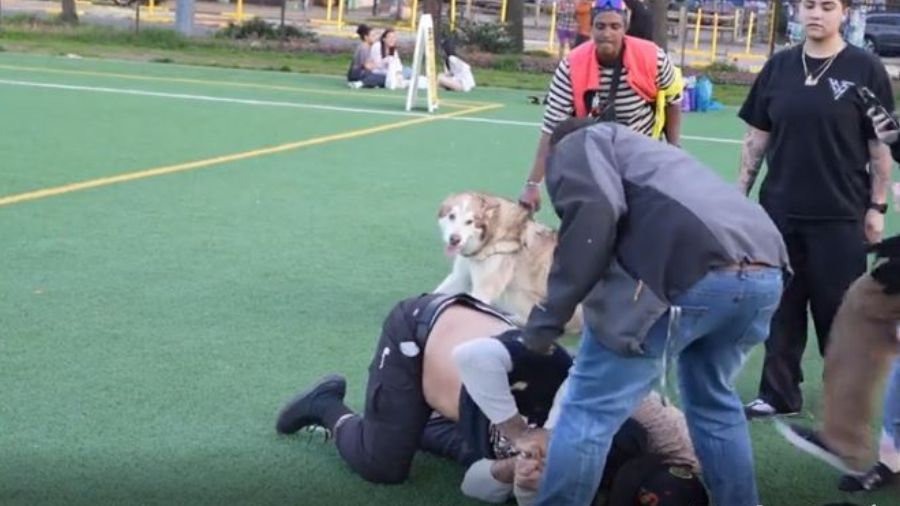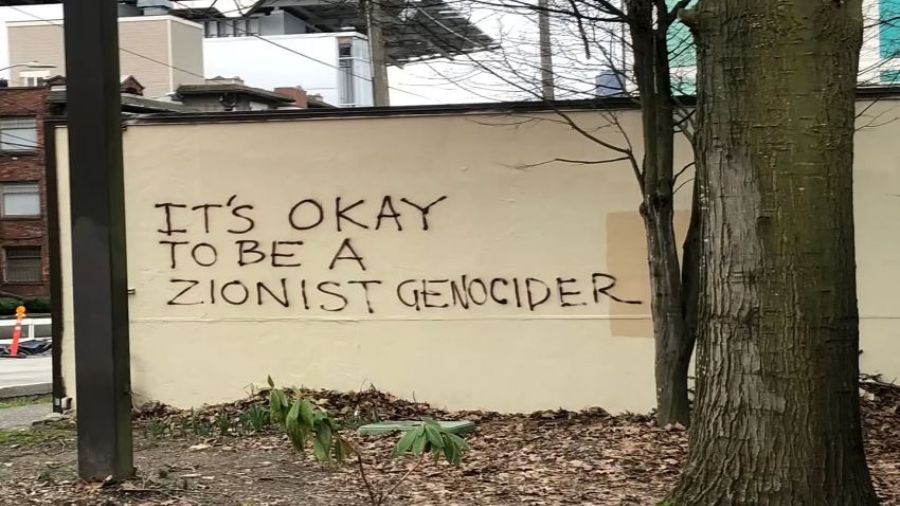Magnolia store owner does own investigating after slow police response
Oct 4, 2018, 6:23 AM
A Magnolia gas station owner has been investigating a burglary at his store because he’s worried police aren’t acting quickly enough.
RELATED: Historically large number of cops leaving Seattle PD
Surveillance cameras show thieves breaking into the convenience store part of the Shell gas station on Friday morning at 3:05 a.m., but police do not arrive until 4:22 a.m.
As of Tuesday morning, the Seattle Police Department had not assigned a detective to the case.
The owner, who goes by Sam, got a call from his alarm company about the break-in but was out of town. He instructed the company to call 911 but had to watch it happen, live, on his phone.
“It was torture, because I couldn’t do anything,” he said.
The two thieves broke through the bottom, glass part of the door with a chunk of cement, and then set off some kind of smoke bomb as they ransacked the store. They stole cash, lottery tickets, cigarettes, and beer.
They took off in a red pickup truck, but then returned just minutes later, parking nearby and coming in once again to steal more.
“We basically lost about $15,000 worth of product and most of that was cigarettes,” Sam’s business partner, Brian Burns, said. He received a worried call from Sam the morning of the burglary. Sam asked him to go down to the store, make sure it was secure, and wait for police.
“The store was wide open,” he said, “and there wasn’t anybody coming out to help or what have you. It was just a real weird, eerie feeling.”
Police finally arrived more an hour after the first burglary, a move Burns called “ridiculous.”
Sam decided to take matters into his own hands. He reported the stolen lottery tickets to the Washington State Lottery once they opened Friday morning. The tickets are traceable and once they’re reported stolen, they can’t be cashed. The Washington State Lottery informed him that some of the tickets had already been cashed at a gas station in Kent at 5:23 a.m.
A screenshot from their surveillance cameras shows a red truck parked outside the store at that time.
When Burns tried to tell police about their lead and explain that they needed to get surveillance video before it was erased, he said they acted like it wasn’t a big deal.
“He said, ‘Well, a detective hasn’t been assigned to the case yet,” Burns said. “He said, ‘We can’t do anything until a detective’s been assigned to the case, that’s the way it works. I said, ‘Well, is there a way to get a detective assigned to a case? Because time is of the essence.’”
KIRO 7 asked Seattle police what had happened.
They said it can take some time for a detective sergeant to review a case and assign it, but stated this case will be assigned by Tuesday night if it hasn’t already. Police also said the call was classified the wrong way — not as an emergency. Sgt. Sean Whitcomb said the call initially came in as a simple alarm call, not as a crime in progress. When it was upgraded to a verified break-in, it became a priority two call. But it should have been a priority one, or emergency, call.
“A crime in progress will always get a faster response than a crime that has happened in the past,” Whitcomb said. “We’re not sure why this wasn’t classified as a priority one call.”
“Through my businesses and my home property taxes, I’m paying a lot of money and I’m not getting anything in return,” Burns said.
KIRO 7 also obtained data from June of 2016, 2017, and 2018.
It shows median Seattle police response times to priority three calls have increased by 14 minutes from 2016 to 2018.
Priority two call responses increased by five minutes over the same time period, and priority one, known as emergency calls, slightly increased from 6.05 minutes in June of 2016 to 6.34 minutes in June of 2018.
“It doesn’t surprise me,” Burns said. “It’s right there.”
In the meantime, he and Sam are contacting the Kent gas station and a 7-11 where thieves tried to cash the lottery tickets later on Friday. And they have increased security at the gas station, adding metal bars and aluminum where glass once was.
As for the slow response in this case, SPD believes it’s due to lower staffing at the time of the break-in and call volume.
By Linzi Sheldon, KIRO 7













